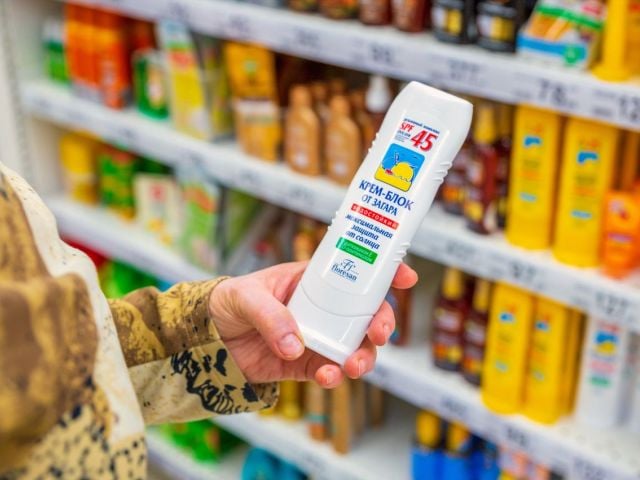Contact -- Monica Amarelo, EWG, TEL 202-939-9140 [email protected]
Beth Conway, Women's Voices for the Earth, TEL 406-543-3747, [email protected]
WASHINGTON – Today the Environmental Working Group and Women’s Voices for the Earth sued the Food and Drug Administration for its failure to protect the public from dangers associated with popular hair straightening treatments.
In the lawsuit, filed in the U.S. District Court for the District of Columbia, the groups charge that the FDA has failed to adequately respond to the concerns raised about the health risks salon keratin hair products containing formaldehyde pose.
“For years stylists have reported that the application of these hair treatments caused difficulty breathing, eye irritation and nosebleeds,” said Tina Sigurdson, EWG assistant general counsel. “The FDA has been aware of the health hazards associated with the products since at least 2008. Despite these dangers, the FDA has yet to take action to remove them from the market.”
High levels of formaldehyde, a potent allergen and human carcinogen, make many keratin hair straightening treatments a serious health threat to both clients and salon workers. These treatments – often known by the popular brand name Brazilian Blowout – involve liquids applied to hair in the salon, which are then heated using blow dryers and straightening irons. The high temperatures of these hair styling tools cause the release of formaldehyde from the liquids into the air.
In 2011, EWG filed a citizen petition, or formal request, that the agency investigate the products and take appropriate action. After five years, the FDA has not issued a final response to that letter, nor has it taken any significant action against makers of the products.
“The health risks posed by these products deserved immediate action from the FDA when it was brought to their attention in 2008,” said Alexandra Scranton, director of science and research for Women’s Voices for the Earth. “Allowing salon workers and their customers to continue to be harmed by these products for over six years is unconscionable.”
The Occupational Safety and Health Administration can issue citations to salons where the procedure is offered if formaldehyde released into the air exceeds permissible limits. Even the cosmetics industry’s own safety review panel declared hair straightening treatments containing formaldehyde unsafe. Yet the FDA has limited its public action to generating an informational web page and issuing warning letters to two manufacturers.
As a result, Brazilian Blowout and similar products remain on the market, continuing to injure both consumers and salon workers.
Other states and nations, including California, Oregon, Canada, France and Ireland, have taken action against products such as Brazilian Blowout by removing products with dangerous levels of formaldehyde from the shelves.
The suit filed today argues that the FDA has failed its duty by unreasonably delaying its response. It asks the court to order FDA action by setting and enforcing a deadline for the agency to investigate and respond to the petition.
The groups hope a court order will motivate the agency to finally protect salon workers and the public from these dangerous products.
* * *
MEDIA NOTE
Salon workers are available for interviews. Contact Monica Amarelo at EWG or Beth Conway at WVE to arrange interviews with salon workers.
# # #
The Environmental Working Group is a nonprofit, nonpartisan organization dedicated to protecting human health and the environment. Its mission is to empower people to live healthier lives in a healthier environment. Learn more at www.ewg.org.
Women’s Voices for the Earth is a national environmental health organization that works to amplify women’s voices to eliminate toxic chemicals that harm our health and communities. Learn more at womensvoices.org.



